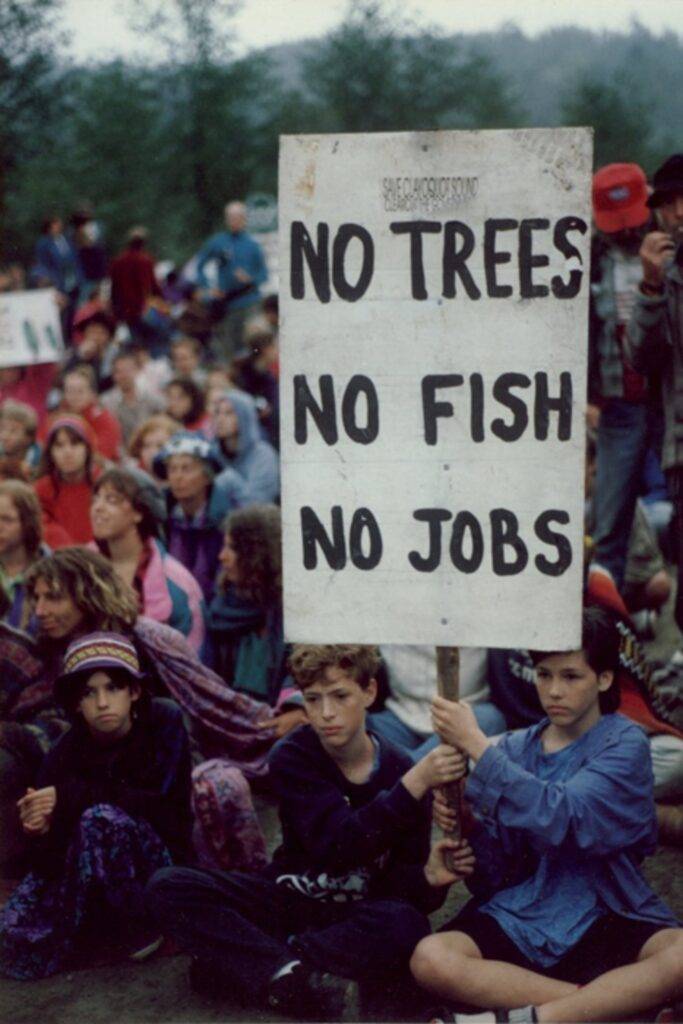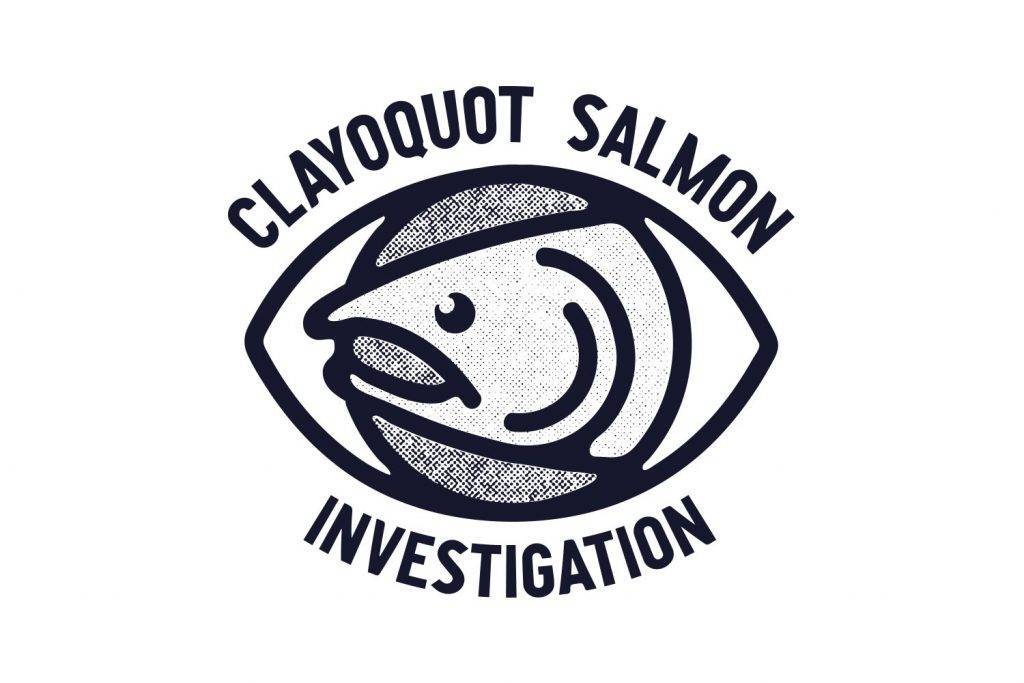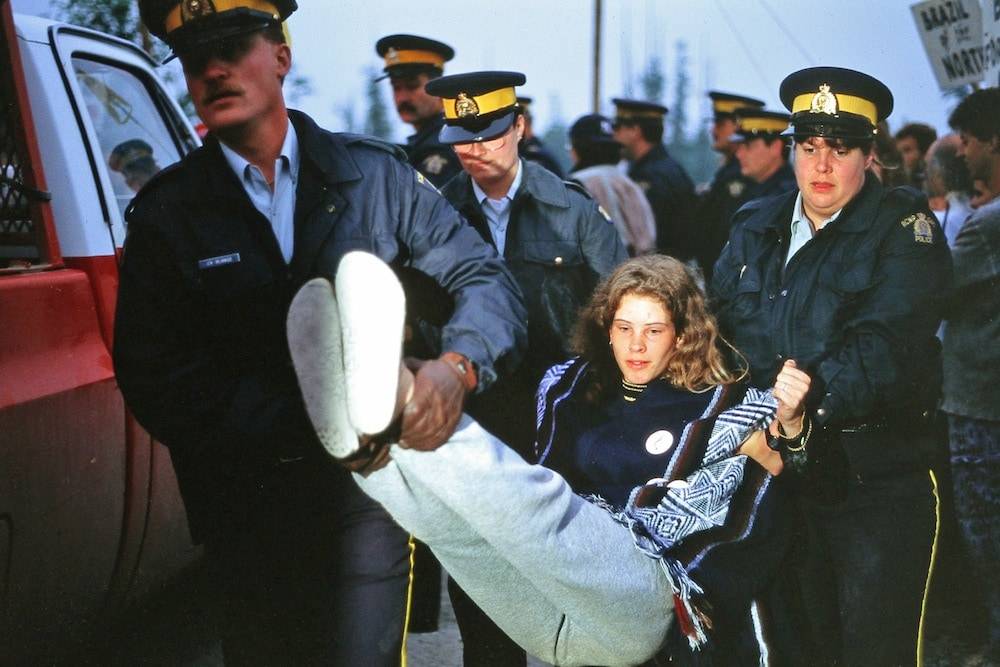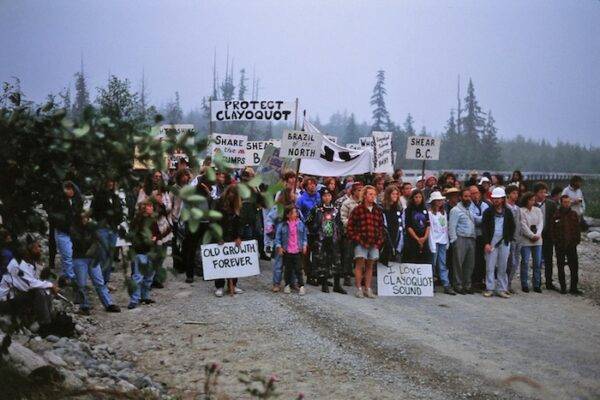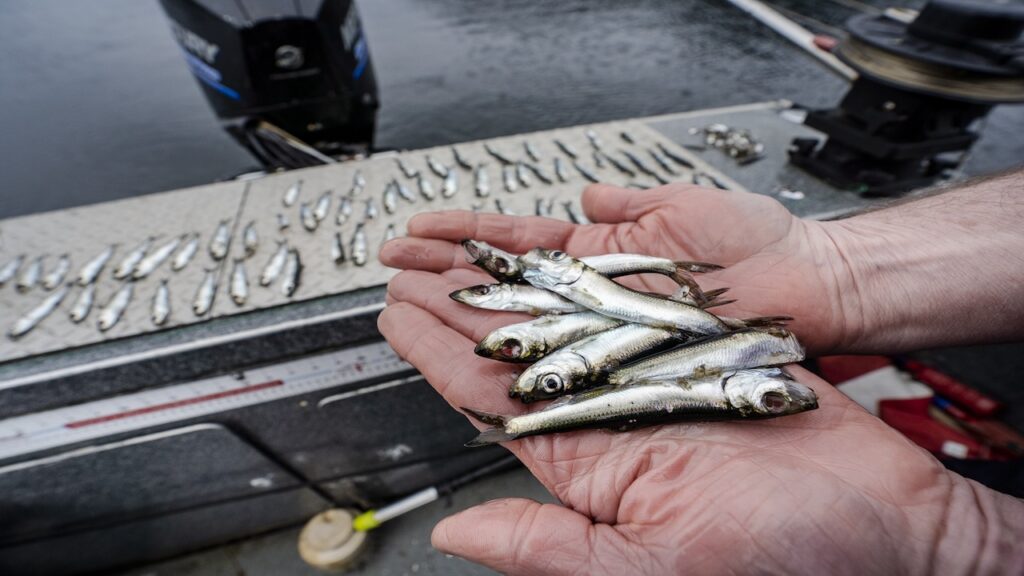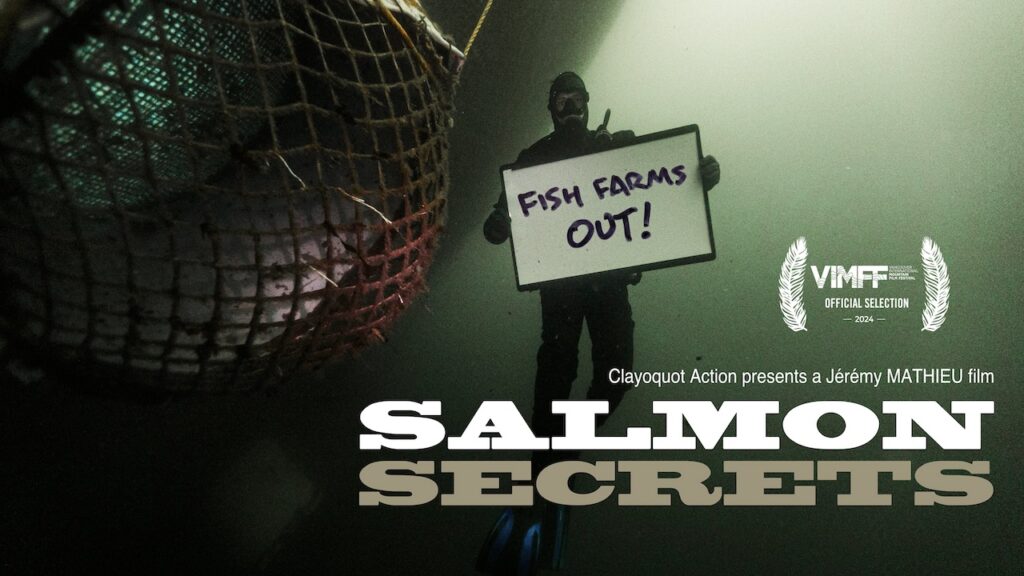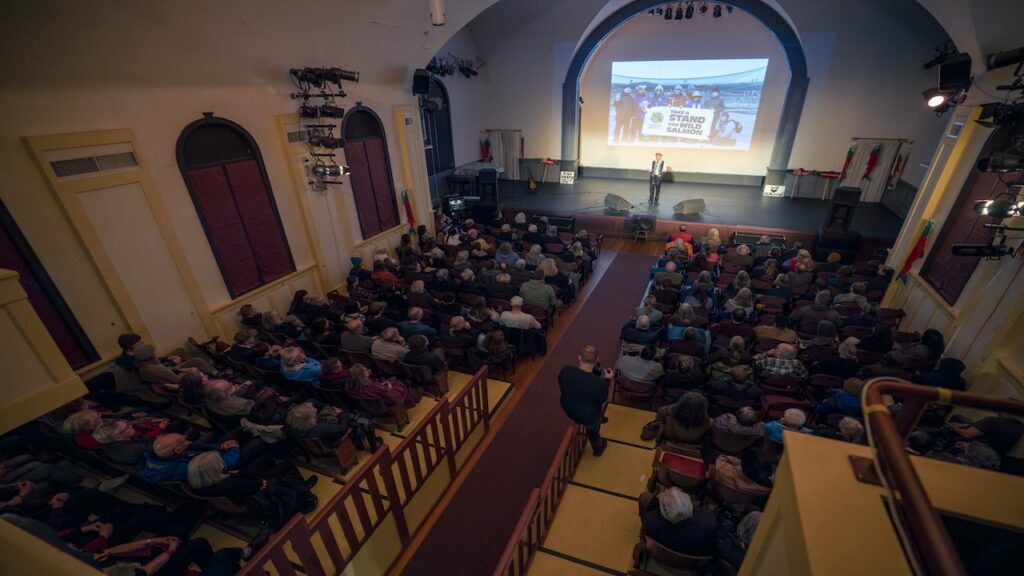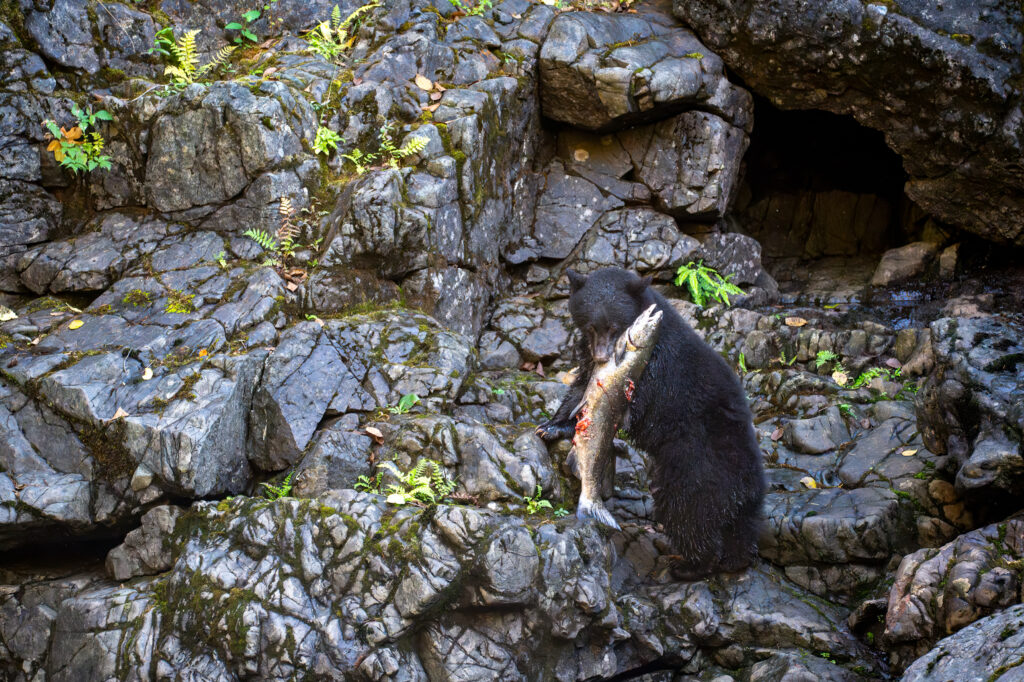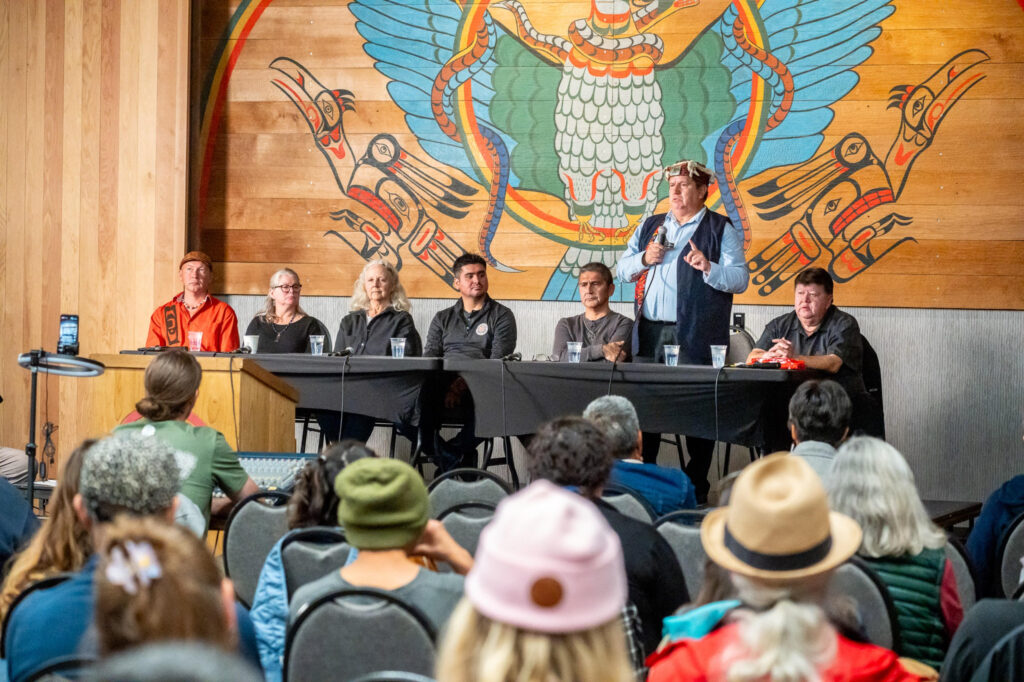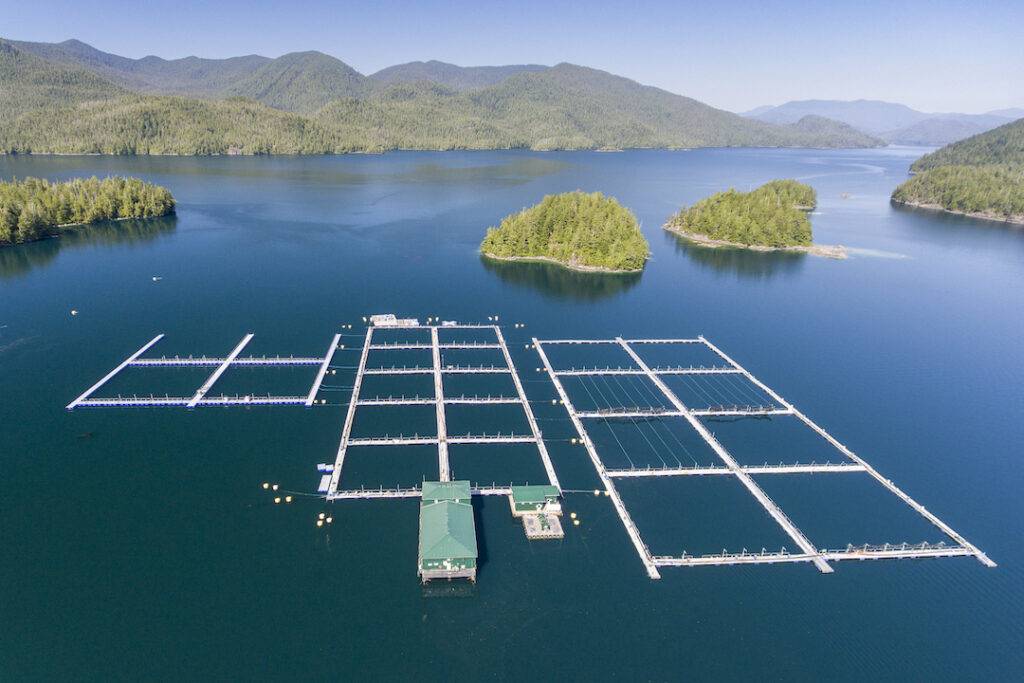Radical U
Was Clayoquot Summer worth all the effort? The Peace Camp in 1993 was a glimpse at an alternative to corporate control of our world—direct democracy. It was a radical university, empowering over ten thousand people with the techniques of peaceful direct action and consensus decision-making.
Jennifer Abbot, director of The Corporation stated in the 2006 film Clayoquot Sound Resistance and Renewal “I actually did feel that 300 people reached consensus, which was quite shocking. I’d never experienced that in my life. It was to me a model of consensus-building that I’ll never forget”.
Today the name Clayoquot has become synonymous with mass peaceful protest. Just as Clayoquot Summer found its roots in the civil rights movement, it is now part of one river that flows through movements such as Occupy Wall Street. The Enbridge resistance threatens to become the next “Clayoquot” according to media pundits.
Was Clayoquot Summer successful?
The arrests were largely symbolic. Most days the loggers eventually got through. However, temperate rainforests were put on the map as an important conservation issue alongside tropical rainforests such as the Amazon. And the cumulative results had a huge impact on logging here in Clayoquot Sound.
The government established a blue-ribbon Scientific Panel which developed a kinder and gentler form of clear-cutting, and dramatically reduced the rate of cut.
Macmillan Bloedel wanted out, and sold their logging tenure to local First Nations, a shift from corporate to indigenous control of forestry. International Forest Products eventually followed suit.
Twenty years after…
Although the intact areas are not legally protected, they haven’t been logged either—there is still something worth protecting thanks to all the efforts of many people who have held the line for over 30 years.
However, Clayoquot Sound has one of the highest densities of salmon feedlots on the BC coast. And Imperial Metals from Vancouver has been exploring the potential of opening two mines here. Any conversation about how to protect Clayoquot Sound must include these industries as well as logging.
At a recent screening of Occupy Love, filmmaker Velcrow Ripper commented via Skype that “the fact that they’re trying to get away with building new mines and new fish farms in Clayoquot Sound of all places indicates that our planet is under intense pressure. As industrial growth society grinds to a halt, it will be critical to defend the precious few remaining natural areas.”
Global challenges—local solutions
It is easy to see, if you catch the news at all, that our world is changing radically, and rapidly. The systems challenging our planet are interconnected—from the extinction wave to the climate crisis, to global market failure. Although these challenges are global by nature, the best place to bring about change is locally, at the community level.
Clayoquot Sound is one tiny corner of the planet. Yet it embodies many of the central issues of our time: preservation of remaining wild areas, as an act of ecological sanity. The resolution of the First Nations land question, and the affirmation of Canada as a fair country. Figuring out how to live within the bounds of Nature, and learning to politically recognize the sacredness of living systems.
In the past few years we’ve seen a trend that gives us great hope—a new generation of Clayoquot activists is coming on-stream. Their parents were arrested in 1993 as young adults, and their grandparents protected Meares Island. They are the ones who will inherit the future, and they know what kind of future they want—one that is healthy, clean, and green. The spirit of Clayoquot Summer lives on!
(Previously published in Watershed Sentinel).
